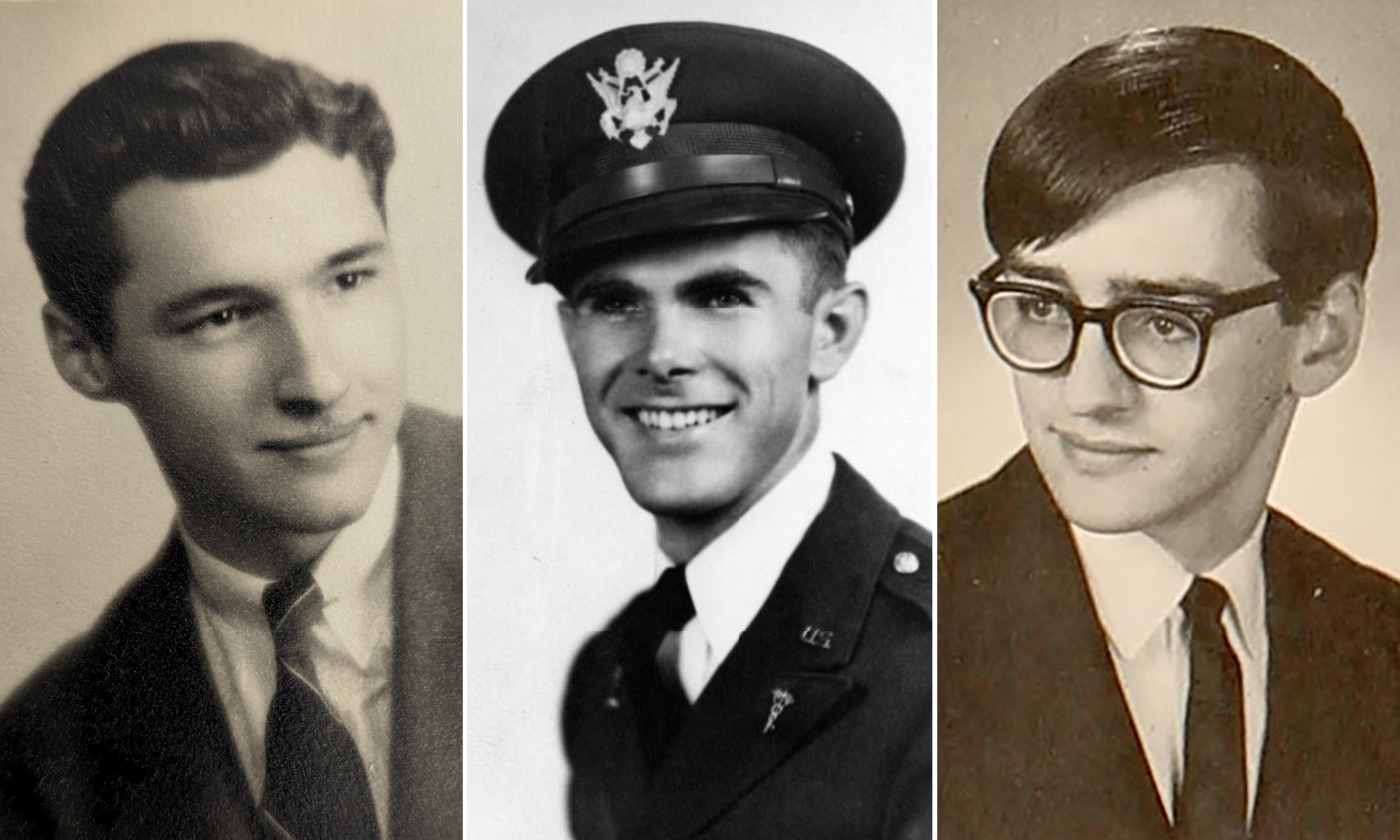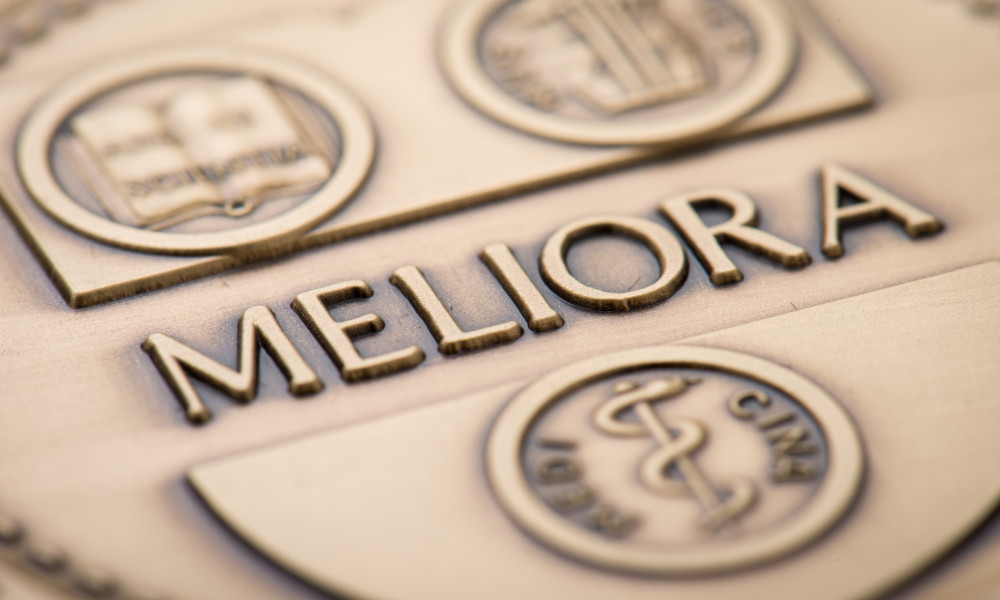Three questions
Favorite class? “MUR 104: Carillon taught by Doris Aman.”
Favorite tradition? “Sledding down the Sue B. Hill.”
Favorite spot on campus? “The carillon cabin, Dewey B 314 (carillon practice room), the first floor of Rettner (where I did most of my studying), and the trees between Interfaith Chapel and Todd Union (a delightful spot). ”
Alexander Johnson ’19 had never even heard of a carillon before his visit to the University of Rochester as a high school student. But this fall, he’s off to Mechelen, Belgium, to study at the first and largest carillon school in the world—the Royal Carillon School—courtesy of a grant from the Belgian-American Educational Foundation.
A native of northern Texas, Johnson was captivated when a Meridian leading him on a campus tour nonchalantly declared that any student could play “the bells.” The bells refer to the Hopeman Memorial Carillon, an instrument made of 50 bronze bells and located in the tower of Rush Rhees Library.
“I don’t know if that’s what made the decision for me to attend Rochester,” says Johnson, who was drawn to the University’s strong programs in the sciences and music. “But in hindsight, it was one of the best things.”
Johnson has made a lot of his time at Rochester. He graduates in May with a major in physics and a minor in music; he’s been a member of the Mbira and Gamelan ensembles at the Eastman School of Music; he was involved with the swing dance club for two years and dabbled in tango club as well; and all the while, he was getting really good at playing the carillon through his lessons with Doris Aman, coordinator of the University’s Carillon Society.
Johnson was attending an annual Carillon Congress, an event of the Guild of Carillonneurs in North America, when Aman sought to connect him with a new teacher. She wanted to find him one who could help him to reach a higher level of repertoire—even if he had to take lessons through a service like Skype.
“I wasn’t sure what I wanted to do,” says Johnson, who was focused at the time on physics research and considering a math major. He had also spent about a year pursuing linguistics. “It all was part of an exploration to find what truly captured and sustained my interest,” he says.
At a crossroads, turning to music
In the end, he chose to devote more of himself to music.
Over a winter break, Johnson and several other students worked to build a new digital practice carillon for the music department. They assembled it with only the instructions from a box, online videos, and their enthusiasm.
After passing an exam and a juried solo program performance, Johnson was declared a full member of the Guild of Carillonneurs of North America. He joins only three other Rochester alumni trained on the Hopeman Memorial Carillon to receive this honor.
In the summer of 2018, he was a visiting performer at the Luray Singing Tower in the Blue Ridge Mountains of Virginia. He also spent a semester studying physics and music in Sydney, Australia, before coming back to the states in the spring for a fellowship with world-renowned carillonist Geert D’Hollander in Lake Wales, Florida.
He was awarded two grants to study at the Royal Carillon School—a Fulbright in addition to a Belgian-American Educational Foundation, which is the one he ultimately chose.
Honey Meconi, a professor of music and chair of the Department of Music in the College, writes: “His accomplishment is owing to his talent and dedication, but also very much to Doris Aman, our director of carillon activities. She provided the opportunity for him to realize his gifts. Her passion and knowledge fueled his.”
Johnson seconds the praise for Aman. At a time when he wasn’t sure just how much of himself he wanted to dedicate to the interest, “she kept me interested in the carillon,” he says.
After a year in Belgium, perhaps he’ll study at the Netherlands Carillon School. He is also considering graduate programs in music theory. “Maybe it’s my experience with physics and linguistics that has led me to believe that I would really enjoy research in that area,” says Johnson. “Lots of deciding to do. There isn’t a wrong decision.”



